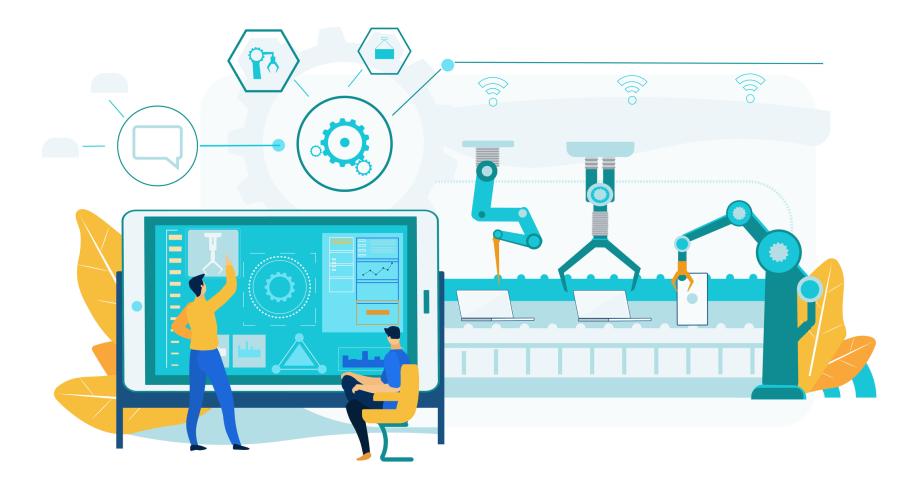Staffing constraints are a reality in the rental housing industry. Typically, that means properties will have to do more with less, which means a leasing associate might also need to handle several additional tasks that have nothing to do with getting prospects in a home.
This leads to burnout, and ultimately, the potential loss of high-performing employees.
The industry isn’t forced to roll with skeleton crews and no additional help, however. As a panel discussed at the 2023 Apartmentalize session “Automate Routines, Humanize Exceptions: Get Tips for Centralization & Automation,” technology can help operators continue to thrive with limited staffing.
“Today’s employees don’t want to spend hours working leads, paying invoices and entering maintenance tickets,” says Taylor Blades, VP of Marketing for ROSS Companies. “If we can remove those activities and give them more time to make an impact with their residents and prospects, that’s the way we’re going to provide them with their desired work experience.”
Operators are increasingly leaning on automation to handle repetitive daily tasks, such as responding to emails, scheduling, screening and the use of chatbots to answer introductory questions from prospects. Centralization is also helping the pursuit, as operators are delegating certain leasing functions to a centralized associate who oversees several properties.
While the concepts sound great in theory, panelists advised operators to adopt the right tech tools to make it happen—meaning solutions that best fit their company profile.
“Always be thoughtful of the human component when putting together a game plan,” says Justin Wald, VP of Marketing for Berkshire Residential Investments. “Think about who your customer is today, and when you’re making policy changes for your employees, are you providing the tools to be successful when considering it from a customer perspective, as well?”
To Wald’s point, closing the office on weekends might serve as a welcome mental-health relief for employees. But many prospects desire to see homes on the weekends, and it’s difficult to maintain leasing velocity if offices are fully closed. That’s when the proper automation and centralization tools would be must-haves to help keep things rolling on the weekends.
The timing of tech implementation is key, as well.
“When you’re adding tech to your property, it can’t be something that’s a plug-and-play just as a huge turnover occurs,” says Kim Young, VP of Shared Services for Fogelman Properties. “You need to have the tech in place before the turnover occurs to ensure a smooth transition.”
Young recommended to first build an automation strategy prior to a centralization strategy, and that onsite teams must be privy to tasks automation has already taken care of. For instance, employees must have access to the results of a prospect’s chatbot conversation, so they don’t re-ask the same questions.
Some associates can be slow to embrace automation when it is introduced, Young says, but they often change course once they realize the efficiencies it creates. For instance, some Fogelman Properties associates were initially resistant to automated email follow-ups to prospects, but three months later told Young: “You can keep them on.”
It is equally important that employees view automation as a helping tool rather than something to completely revolutionize the workday.
“Sometimes people have the misconception about automation, like it’s there to solve a pain point,” says Jaymz Yates, Director of Technology for Westdale Asset Management. “It’s more geared to assist with a long process and make it more efficient.”
Paul Willis a Content Director for LinnellTaylor Marketing.
